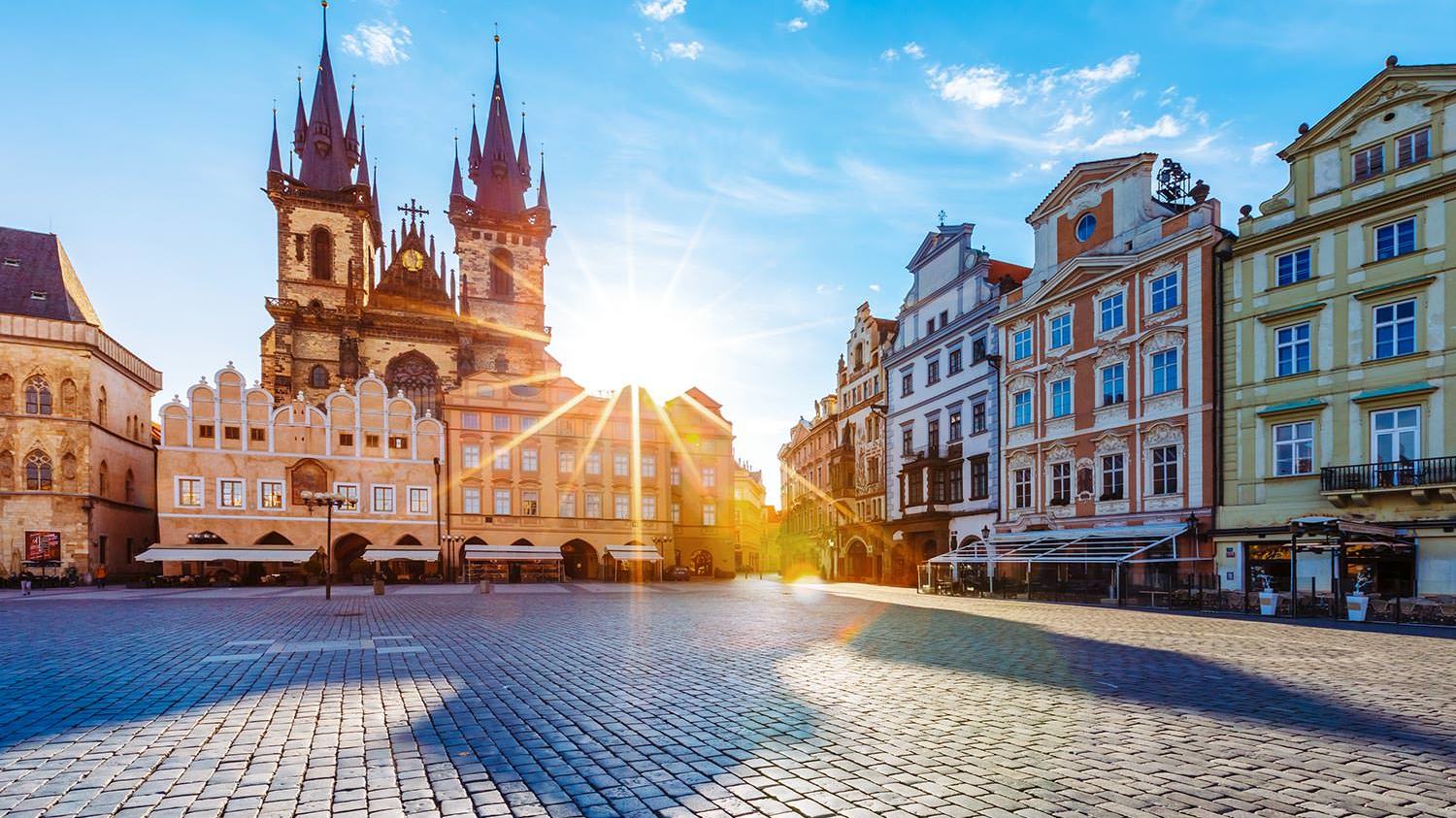Dvořák’s Serenade for Strings: Nocturnal Melodies
The word serenade brings to mind serene music of the evening. In the Middle Ages, the serenade was a musical greeting performed for a friend or lover. Later, it evolved into a divertimento with a series of contrasting movements. Mozart’s Eine Kleine Nachtmusik may be the most famous example of this kind of light party music. Brahms’ two serenades were more weighty. They served as stepping stones for a composer who was dedicated to perfecting his …







